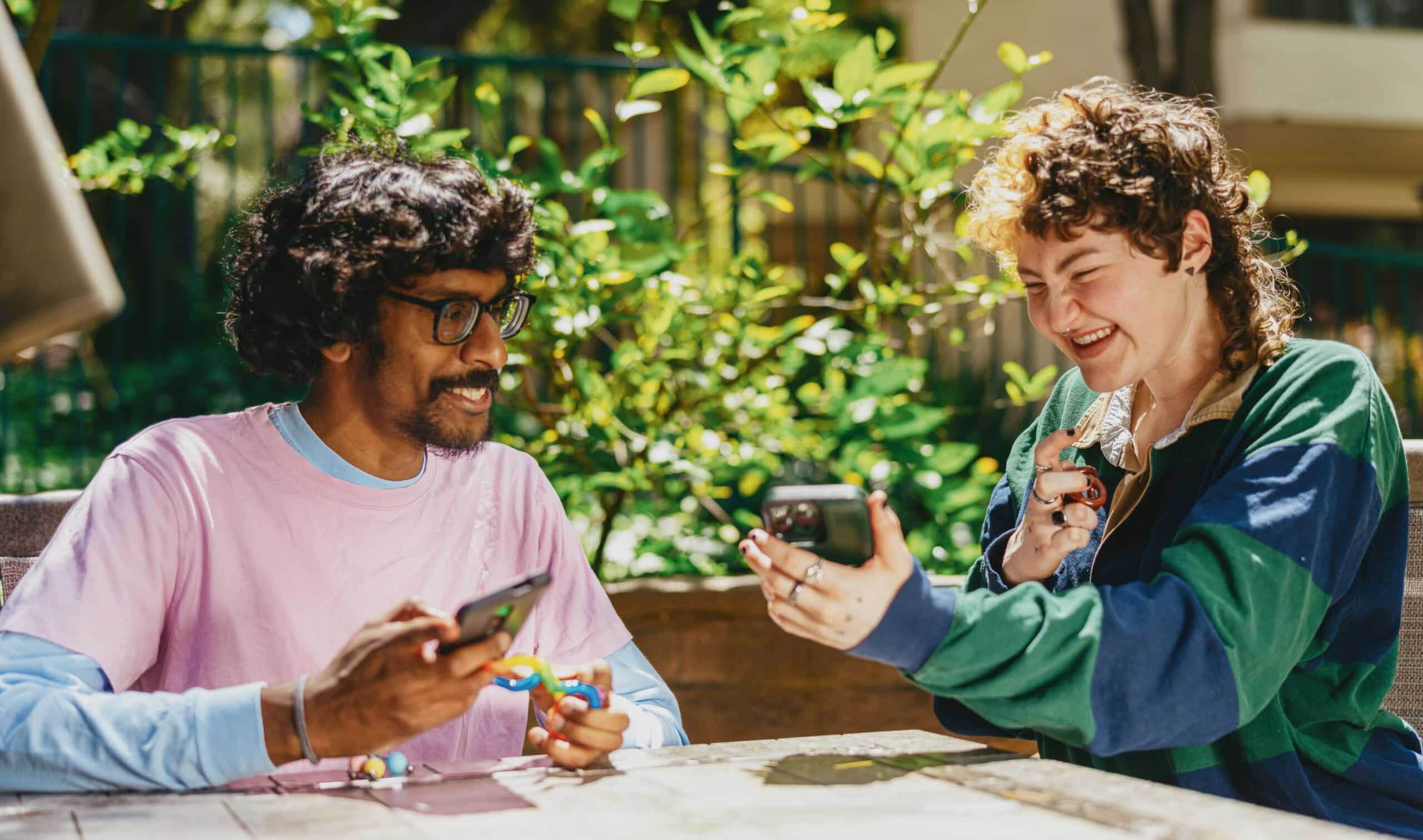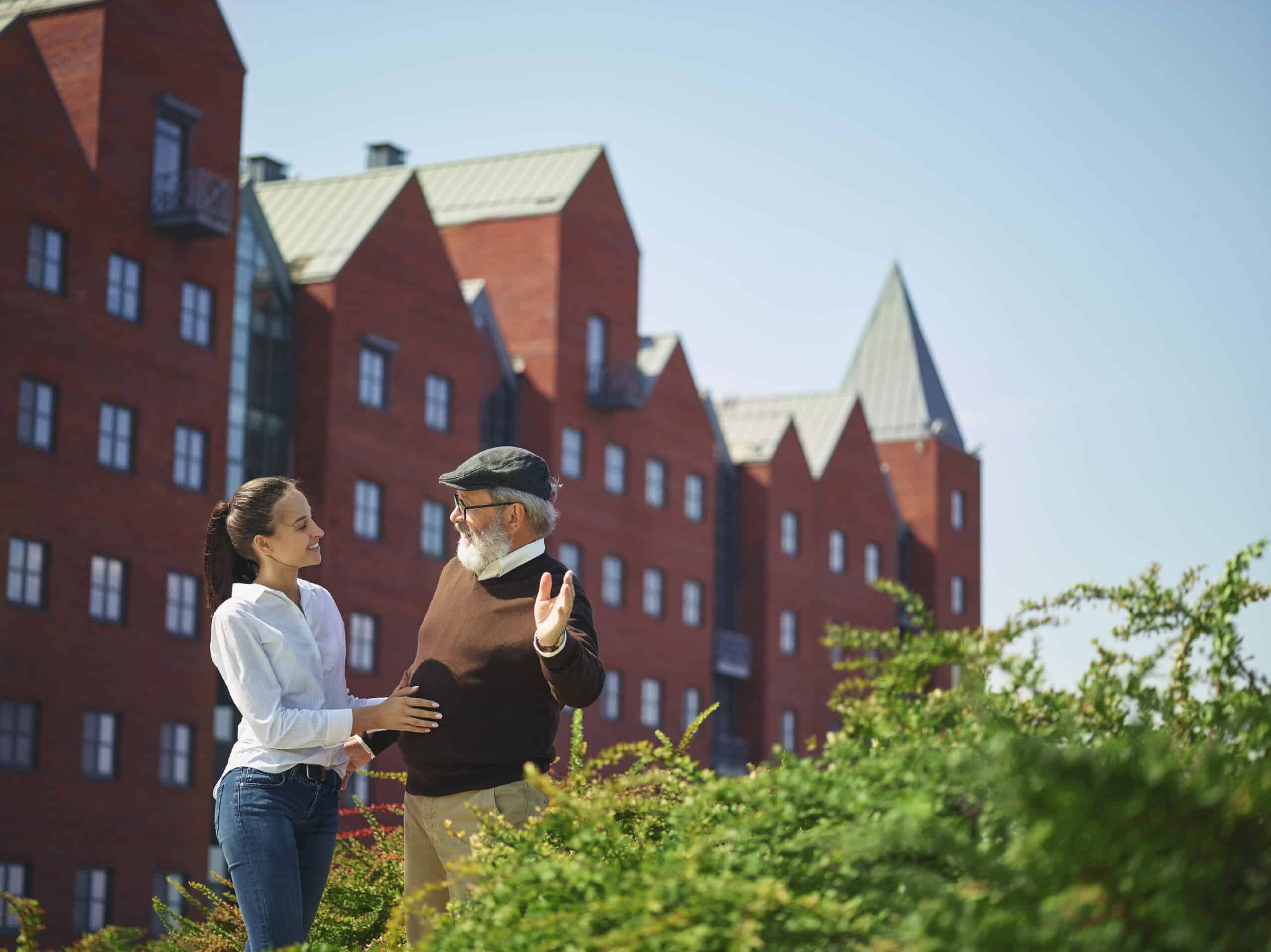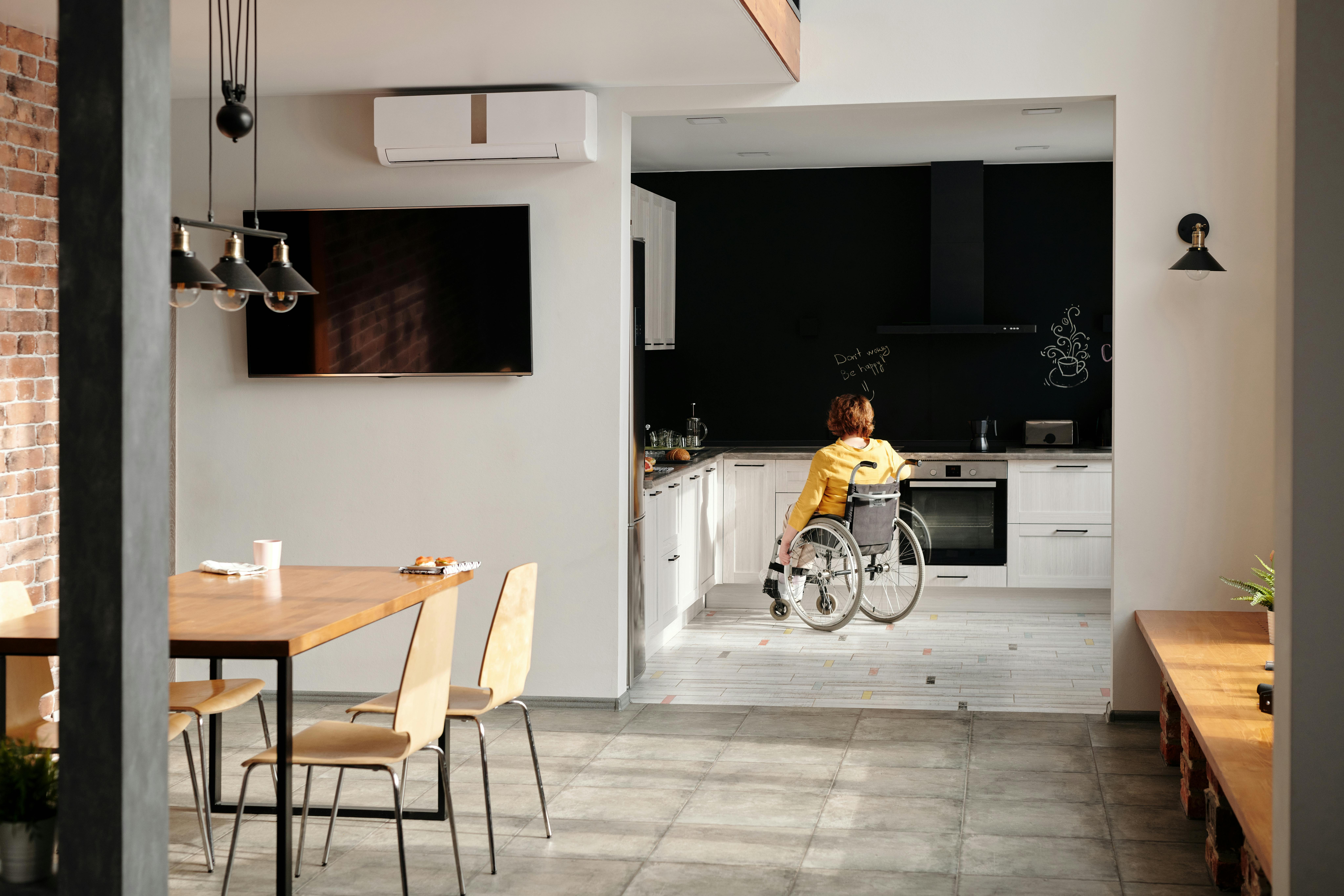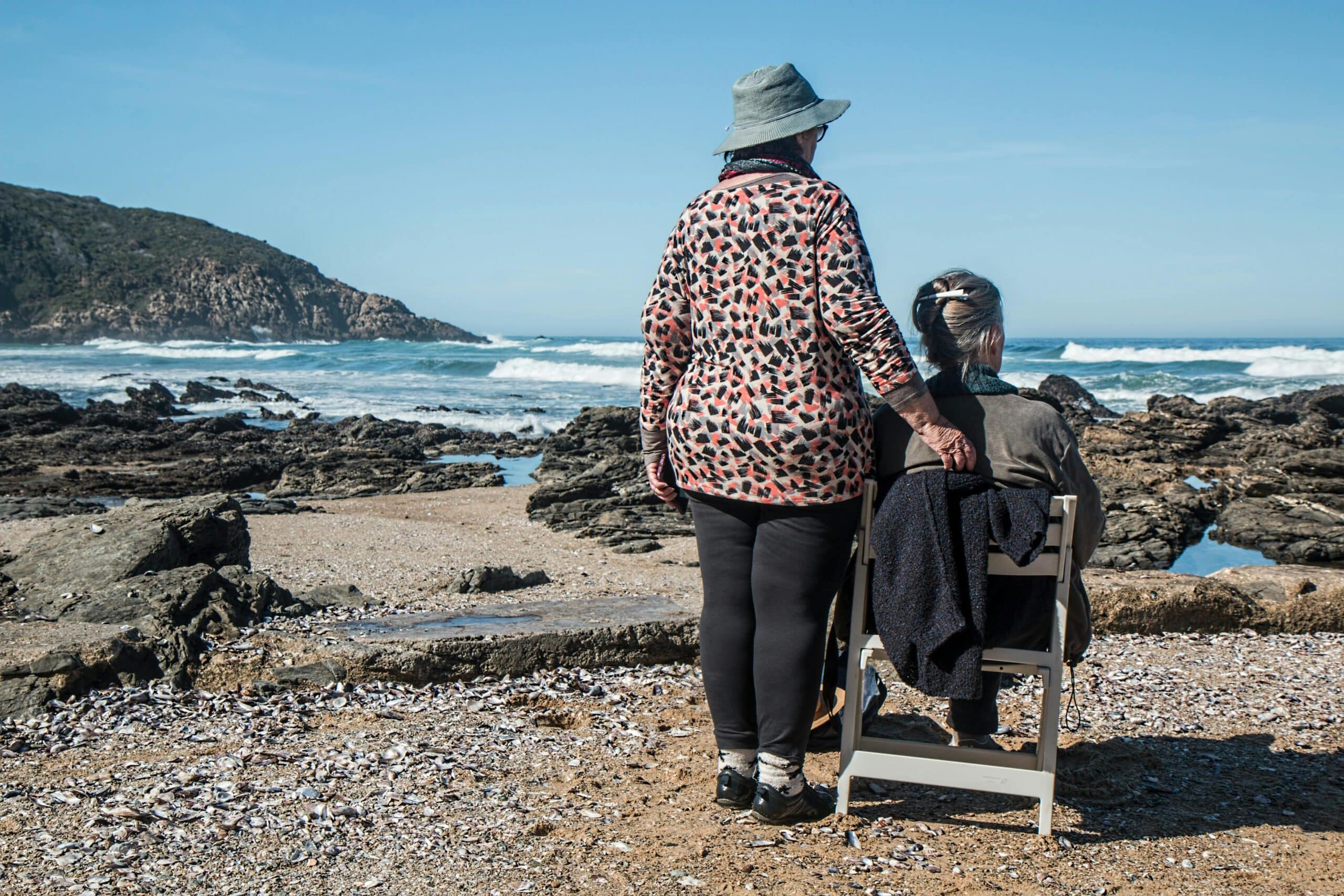Independence is key to personal growth, and for NDIS participants, it means more confidence, opportunities, and a better life. Social activities help build independence by creating chances to connect, learn, and grow. Unfortunately, some participants struggle to find these opportunities due to limited resources, accessibility, or low confidence. Reaching Abilities offers activities tailored to each person’s interests and abilities, helping NDIS participants become more independent. In this blog, we’ll look at how community participation NDIS offers in WA builds independence, share examples, and give tips for guardians and support coordinators.
The Link Between Social Activities and Independence
Social engagement is about more than just having fun—it’s an important way to help people become more independent. When NDIS participants take part in social activities, they can learn important skills, feel more confident, and improve their mental health.
Building Confidence
When someone joins group activities, like a sports team or an art class, they get used to being around other people. This helps them feel more confident in social situations, like talking to new people or sharing their ideas. Over time, this confidence can spread to other parts of their life, like speaking up in school, trying out new hobbies, or even handling everyday tasks. It’s like building a muscle—the more you practice, the stronger it gets!
Learning New Skills
Social activities are also a great way to learn useful skills. For example, going to a cooking class isn’t just about making food—it’s also about learning how to follow instructions, work with others, and solve problems. These are called life skills, and they’re really important for becoming more independent. Other group activities, like team sports or drama classes, can teach skills like communication and teamwork, which are helpful in almost every situation.
Feeling Happier and Less Lonely
Being alone too much can make people feel sad or isolated, and that’s not good for mental health. Joining regular social activities can help NDIS participants feel like they belong to a group and have people they can rely on. This sense of connection can make them feel happier and more emotionally stable. A study by Scope Australia even found that when people with disabilities connect with others socially, they feel better about their lives overall.
By encouraging and supporting NDIS participants to get involved in social activities, caregivers and providers can really make a difference. These activities can help participants gain confidence, learn new skills, feel happier, and take big steps toward being more independent. It’s all about creating opportunities for growth and connection!
Examples of Social Activities for NDIS Participants
NDIS social engagement opportunities are a great way to have fun, learn new skills, and make friends. Here are some examples of activities that can help NDIS participants feel more confident, learn important life skills, and enjoy themselves.
Creative Workshops
Creative activities like art, music, or dance classes allow people to express themselves in fun ways. For example, in an art class, participants can learn how to paint beautiful pictures or make crafts while improving their focus and creativity. In a music class, they can try playing an instrument or even write their own songs, which can be a great way to share emotions.
Dance classes are another exciting option, where participants can learn fun moves, follow the rhythm, and feel the joy of movement. Plus, these sessions often include others who love the same activities, making it a great way to meet people with similar interests.
Community Volunteering
Volunteering is a way to help others while also learning new things. For instance, helping at an animal shelter could mean feeding animals or cleaning their living spaces. This teaches responsibility and shows how small acts can make a big difference.
Another option is sorting food donations for people in need, which can help participants learn teamwork and feel proud of contributing to their community. Volunteering gives people a sense of purpose and helps them realise they can make a positive impact on the world.
Group Outings
Going on group outings is both fun and educational. Trips to places like museums help participants learn about history and culture, while outings to parks allow them to enjoy nature, play, and relax. Visiting sporting events can be exciting too, as participants cheer on teams and feel the energy of the crowd. These outings help individuals practice talking to others, get used to being in public spaces, and make new friends. They’re also a great way to try new things and step out of their comfort zones.
Skill-Building Sessions
Skill-building activities are not only fun but also helpful in daily life. For example, cooking classes can teach participants how to make tasty meals while learning about kitchen safety and following recipes. Gardening is another rewarding activity where participants can plant flowers or vegetables, watch them grow, and learn about patience and hard work.
Technology classes could teach basic computer skills, like how to send an email or use the internet safely, which are super useful in today’s world. These activities combine learning with enjoyment.
Sports and Recreation
Sports and recreational activities are great for staying active and making friends. Team sports like basketball or soccer teach participants how to work with others toward a common goal while improving coordination and fitness.
Activities like yoga or fitness routines help participants relax, stretch, and feel stronger. Being part of a team or group can also make participants feel included and boost their confidence in social situations.
These activities are not just about having fun—they help participants grow, develop important skills, and become more independent. Whether it’s creating art, helping others, exploring new places, learning practical skills, or staying active, there’s something for everyone to enjoy and benefit from!
How Reaching Abilities Supports Community Participation NDIS
At Reaching Abilities, we focus on helping each person be their best by offering fun, meaningful, and personalised programs that match their unique goals and interests.
Customised Programs
No two people are the same, and neither are their dreams or abilities. That’s why Reaching Abilities creates community programs that are tailored to different interests, skills, and goals. Whether it’s music classes, art workshops, sports activities, or group outings, every activity is chosen to help participants grow, learn, and enjoy themselves. For example, someone who loves drawing can join an art group, while another participant interested in fitness might enjoy team sports.
Inclusive Environments
Feeling safe and accepted is super important! Reaching Abilities is all about creating a friendly and welcoming space where everyone feels encouraged and supported. There’s no judgment here—just a community that values and respects everyone. Whether you’re shy or outgoing, you’ll find a place where you can be yourself and feel included.
Skilled Professionals
Behind every program is a team of highly trained and caring staff members. These professionals work closely with participants to help them learn new skills, meet their goals, and have a great time. They make sure that every activity is meaningful and meets the specific needs of each person. For example, they might help someone practice communication skills in a group or guide another participant in building skills through NDIS activities
Real-Life Success Story
Take James as an example. He’s a participant in his late 20s who was nervous about joining group activities because he didn’t know anyone and felt shy. The team at Reaching Abilities customised a plan for him, starting with creative writing workshops, since James always loved stories.
At first, he only listened and wrote quietly, but with encouragement, he began sharing his work with the group. Over time, he built confidence, made friends, and discovered a hobby he’s passionate about. Now, James writes stories that he shares with his community, something he never thought he’d do!
This is just one example of how Reaching Abilities helps people grow and achieve amazing things through personalised NDIS community support and programs. Everyone has the potential to shine with the right guidance and opportunities!
Tips for Guardians and Support Coordinators
Supporting NDIS participants in their social engagement requires thoughtful planning and encouragement. Here are some actionable tips to help you make a difference.
Identify Interests
Look for activities that align with the participant’s passions or hobbies. Are they drawn to painting? Enjoy working with their hands? Tailoring activities to their interests ensures a higher likelihood of engagement.
Start Small
If the participant is new to group activities, begin with low-pressure options such as small gatherings or one-on-one sessions. This helps them build comfort at their own pace.
Celebrate Progress
No achievement is too small! Celebrate milestones—whether it’s attending the first group session or making a new friend—to keep the participant motivated and excited.
Collaborate with Providers
Work closely with service providers like Reaching Abilities to explore customised opportunities for social engagement. Their expertise can guide you in selecting activities that align with the participant’s goals.
By incorporating these steps, you can help participants make meaningful progress in their social and personal development journeys.
FAQ Section
What is community participation under NDIS?
Community participation includes programs and activities that help NDIS participants engage with others, develop life skills, and gain confidence in social settings.
How can social activities promote independence?
Social activities expose participants to real-world scenarios, helping them improve communication, collaboration, and decision-making skills—key components of independence.
Does NDIS funding cover social activities?
Yes, NDIS covers community participation under the Core Support or Capacity Building categories. Programs can be tailored to individual participant goals.
What types of social activities does Reaching Abilities offer?
We offer creative workshops, skill-building sessions, sports, group outings, and volunteering opportunities—all tailored to meet the needs and interests of our participants.
We Empower Independence Through Social Engagement
Social activities aren’t just fun—they help NDIS participants gain independence, confidence, and a sense of belonging. By joining community programs, participants can learn new skills, make friends, and reduce feelings of isolation.
At Reaching Abilities, we’re here to support every step of the journey. Our programs are designed to meet individual needs, creating inclusive spaces where participants can grow and thrive. Want to help your loved one reach their full potential? Contact Reaching Abilities to learn more about our social and community participation programs today!

Ozer Tanlasi – Founder and Director of Reaching Abilities
Ozer Tanlasi is the Founder and Director of Reaching Abilities, an organisation dedicated to providing compassionate and empowering support to individuals with disabilities. With a background in allied health and a deep commitment to inclusive care, Nesrin established Reaching Abilities to create a welcoming space where individuals can thrive, gain independence, and achieve their personal goals. Her approach is centred around understanding each individual’s unique needs and strengths, ensuring they receive tailored services that make a positive impact on their lives. Under Nesrin’s leadership, Reaching Abilities has become known for its compassionate, client-focused approach, supporting individuals and families in building meaningful connections and reaching new potentials.






